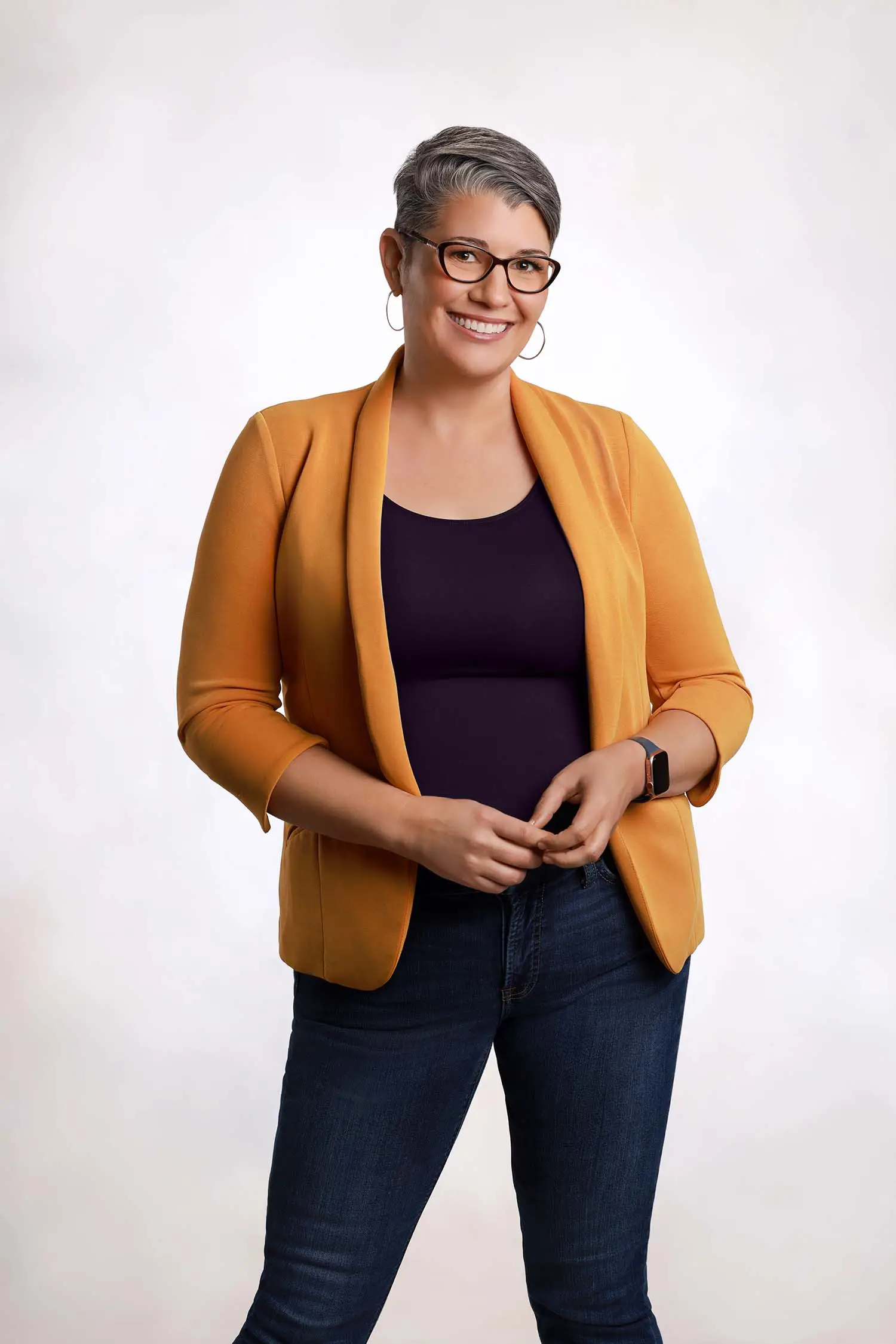Productive Conflict
Transform tension into progress with a conflict framework that builds trust instead of breaking teams.
Conflict isn’t the problem—how we handle it is. Too often, teams avoid hard conversations until resentment festers or jump into confrontations without the tools to de-escalate and repair. The result? Fractured relationships, stalled initiatives, and missed opportunities for growth.
Productive Conflict helps teams move beyond surface-level conflict resolution toward true systemic improvement. Grounded in Andrea’s Restore & Explore model, this program teaches leaders how to recognize different conflict states, restore psychological safety, and engage in collaborative problem-solving that strengthens—not strains—your organization.
If your team struggles with accountability, tiptoes around tough topics, or has a culture of either avoidance or aggression, this is the missing layer in your leadership toolkit.
Program elements can be delivered individually.

Program Elements
Keynote
This keynote demystifies conflict by mapping it as a cycle, not a failure. Andrea introduces the Restore & Explore framework, helping leaders identify whether their teams are stuck in confrontation, coordination, or collaboration—and what to do next. Through stories, science, and systems thinking, audiences learn how to use conflict as a catalyst for learning, innovation, and stronger relationships.
Workshops
This series teaches your team how to approach conflict not as a failure, but as a necessary part of collaboration. Using my Restore & Explore model, each session gives participants the tools to recognize different conflict states, de-escalate tension, and move conversations toward real solutions. Instead of avoiding or inflaming conflict, your team will learn how to navigate it with clarity, empathy, and accountability.
Advising
These facilitated sessions give leaders a safe space to reflect on active conflicts, diagnose breakdowns using the Restore & Explore model, and practice de-escalation techniques. We’ll look at both interpersonal tensions and organizational patterns to help your team navigate tough conversations with clarity and confidence.
Workshop Session Descriptions
week 1
Mapping the Conflict Cycle
How can we recognize where we are in a conflict—and respond instead of react?
Before you can change how your team handles conflict, you have to name where you are. This session introduces the Restore & Explore model and helps participants identify whether they’re operating in Confrontation, Coordination, or Collaboration. You’ll leave with a shared language for mapping where breakdowns occur—and why.
week 2
Restoring Capacity Amid Confrontation
How can we diffuse tension and rebuild trust when emotions are running high?
Confrontation often happens when capacity is low. In this session, you’ll learn to recognize stress signals (in yourself and others), de-escalate tension, and restore the safety needed for coordinated action. We’ll explore practical techniques for rebuilding trust without forcing premature resolution.
week 3
Finding Stability Without Getting Stuck
How can we coordinate work without becoming complacent?
Coordination is a fragile but necessary state between confrontation and collaboration. This session explores how to maintain coordination by reducing ambiguity, setting boundaries, and building capacity before conflict resurfaces. You’ll learn how to spot the warning signs that indicate another flare-up is coming.
week 4
Exploring Productive Tension
How can we engage in honest disagreement without damaging relationships?
Collaboration requires more than agreement—it requires healthy friction. In this workshop, you’ll learn how to engage in double empathy (seeing from the other’s perspective while maintaining your own) and how to facilitate the kinds of conversations that uncover real insights and opportunities for improvement.
week 5
Using Conflict to Improve Systems
How can we use what conflict reveals to improve the system—not just smooth things over?
In this session, we turn insights from the Explore phase into action. You’ll learn how to redesign team structures, norms, and workflows based on what conflict reveals—not just patch over tension. This is where conflict stops being a cycle and starts becoming a tool for transformation.
week 6
Applying the Restore & Explore Cycle
How can we make productive conflict a repeatable part of how we work?
The final session brings everything together. You’ll map recent or recurring conflicts, identify patterns, and create a plan to embed the Restore & Explore cycle into your team’s communication culture. Whether you lead a team or contribute to one, you’ll leave with tools to make conflict less personal—and more productive.
Ready to turn conflict into a source of strength?
Avoiding conflict doesn’t preserve culture—it corrodes it. This program helps your team build the muscle to navigate tension with clarity, empathy, and confidence.
Let’s make conflict something your team can handle—not something they hide from.